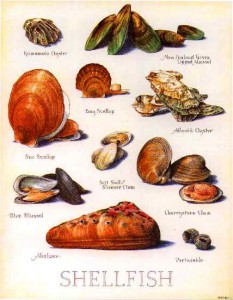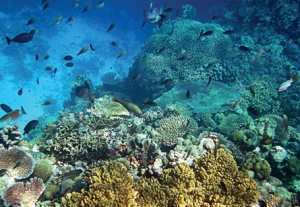Do you know anyone with chronic back pain? Or any kind of chronic pain at all? Well, the good news for them is that in a few years, they could be saving big time dollars on drugs by simply having a chip inserted into their spine that is no larger than the size of the head of a match. According to an article in Popular Science: http://www.popsci.com/science/article/2010-12/implant-beat-chronic-pain-microchip-embedded-spine recent research that was done in Sydney has lead to this breakthrough which causes the chip to block the pain messages that are sent to the brain from the spine. The chip itself is surrounded in a covering which also has a battery in it. How does it charge you may be wondering? Wirelessly! Who knew that was even possible?
The chip works by sending out a 10 volt pulse that blocks a pain signal when one is detected by its unique properties. The thing that makes me nervous about it is mainly the side effects that it could have. There is a specific function to why it is that we feel pain. For example, if you get bitten by a rat in the middle of the night (which happened to my friend!), it could be beneficial to feel pain, wake up, go to the hospital and get a rabies shot. If you didn’t feel the pain, you could see a mysterious mark on your body and brush it aside not knowing the risk that you’re taking by not getting it checked out.
So what comes next? Hopefully they’ll come up with a way to distinguish between chronic pain and pain that is indicating some sort of danger that you’ve put yourself in. Until then, I think I’ll stick to T3s when I get my wisdom teeth out.






